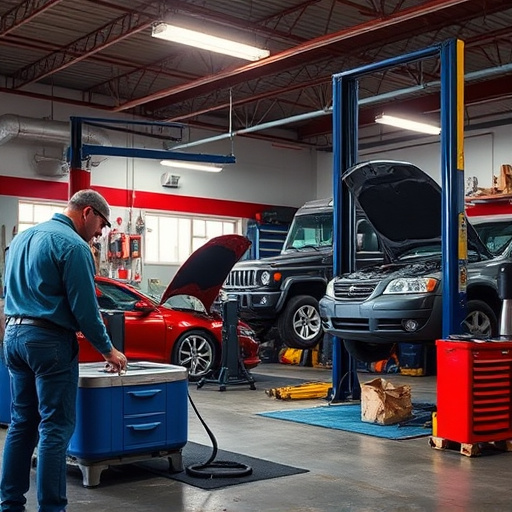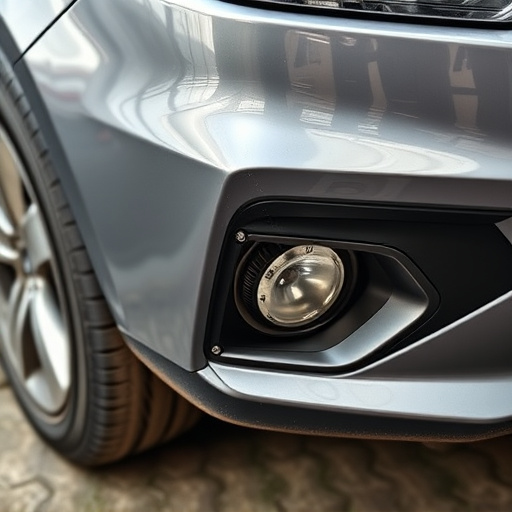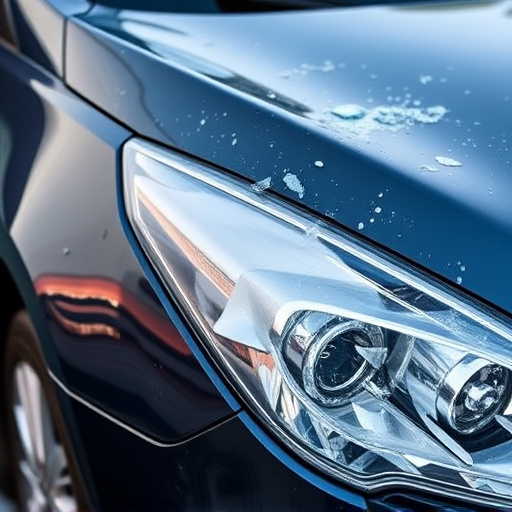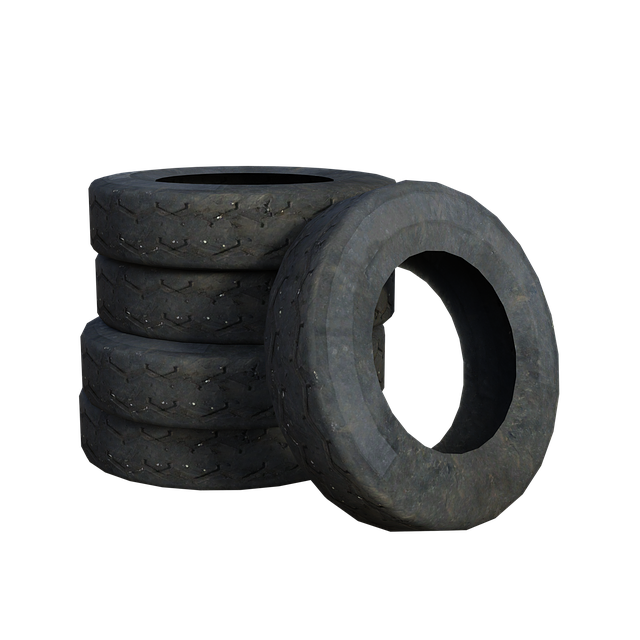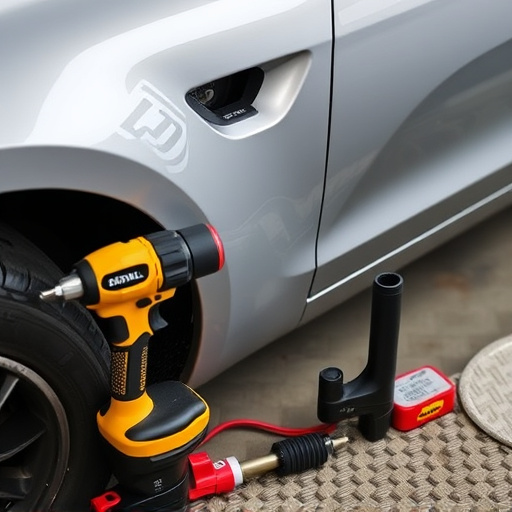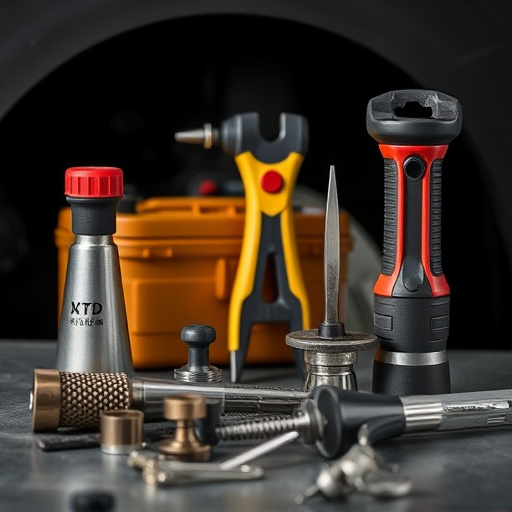Total loss assessments are crucial in auto insurance claims, guiding decisions between repair and replacement. Trained professionals evaluate vehicle components, considering model-specific repair complexities, safety features, and part availability. Pre-incident condition, maintenance, and part accessibility also factor in, influencing post-accident value and fair settlement. Accurate assessments require experienced body shop professionals to navigate variations for precise appraisals.
Total loss assessments play a critical role in the automotive insurance sector, determining the value of damaged vehicles. This article explores how car type significantly influences these appraisals. From compact cars to luxury SUVs, each vehicle category carries unique characteristics impacting accuracy. We delve into specific factors that contribute to variations in total loss evaluations, going beyond mere specifications to encompass market trends, availability of parts, and labor costs. Understanding these dynamics is essential for insurers aiming to streamline processes and ensure fair compensation.
- Understanding Total Loss Assessments: What They Entail
- The Impact of Car Type on Appraisal Accuracy
- Factors Beyond Vehicle Specifications: Enhancing Total Loss Evaluations
Understanding Total Loss Assessments: What They Entail
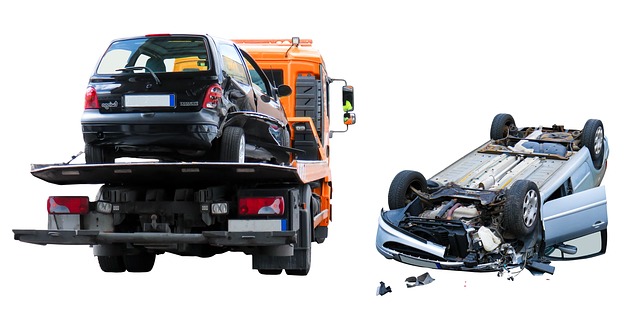
Total loss assessments are a critical aspect of the insurance claims process when a vehicle sustains significant damage. This comprehensive evaluation determines whether repairing the car would be cost-effective compared to replacing it entirely. During such an assessment, trained professionals meticulously inspect every component of the vehicle, from the chassis and engine to the exterior panels and interior. They consider not just the visible damages but also functional and structural integrity, ensuring a fair and accurate valuation.
These assessments are crucial in guiding both insurance companies and policyholders. They help decide the appropriate course of action—whether to repair or replace—by factoring in the cost of auto collision repair versus acquiring a new vehicle. Understanding total loss assessments is essential for owners navigating post-accident scenarios, ensuring they receive a just settlement and making informed decisions regarding their vehicles’ future.
The Impact of Car Type on Appraisal Accuracy

The type of car significantly impacts the accuracy of total loss assessments in automotive body shops. Each vehicle model has unique construction, design features, and replacement part availability, which can affect the complexity and cost of repairs. For instance, modern cars with advanced safety features or complex electronic systems may require specialized tools and expertise for frame straightening or paintless dent repair, potentially increasing appraisal time and costs.
Understanding these variations is crucial for providing fair and precise estimates. While some cars might benefit from efficient repairs, others could necessitate more extensive work, impacting the overall total loss assessment. This variability underscores the importance of experience and knowledge in automotive body shops to accurately determine restoration feasibility and associated expenses.
Factors Beyond Vehicle Specifications: Enhancing Total Loss Evaluations

Beyond the obvious physical attributes like make, model, and year, several other factors play a significant role in total loss assessments. These include the vehicle’s condition before the incident, its maintenance history, and the availability—or lack thereof—of replacement parts. For instance, a car with pristine paint and minimal mileage might be valued higher than one that has seen better days, even if both are of the same model. This is because the former is likely to command better resale value post-repair or total loss assessment.
Furthermore, the accessibility and cost of specific car paint services, tire services, and auto bodywork repair parts can impact the overall evaluation. Certain models might have limited availability of genuine replacement parts, which can extend repair timelines and increase costs. Conversely, easily accessible and affordable spare parts can expedite the total loss assessment process, as repairs would be faster and potentially less expensive. Thus, understanding these nuances is crucial for accurate and fair total loss appraisals.
In conclusion, understanding how car type influences total loss appraisals is paramount for ensuring accuracy in the insurance industry. As discussed, vehicle specifications play a significant role, but factors like age, brand reputation, and market demand also contribute to evaluation outcomes. By considering these elements alongside technical specifications, insurers can enhance the reliability of their total loss assessments, providing fairer compensation to policyholders.

